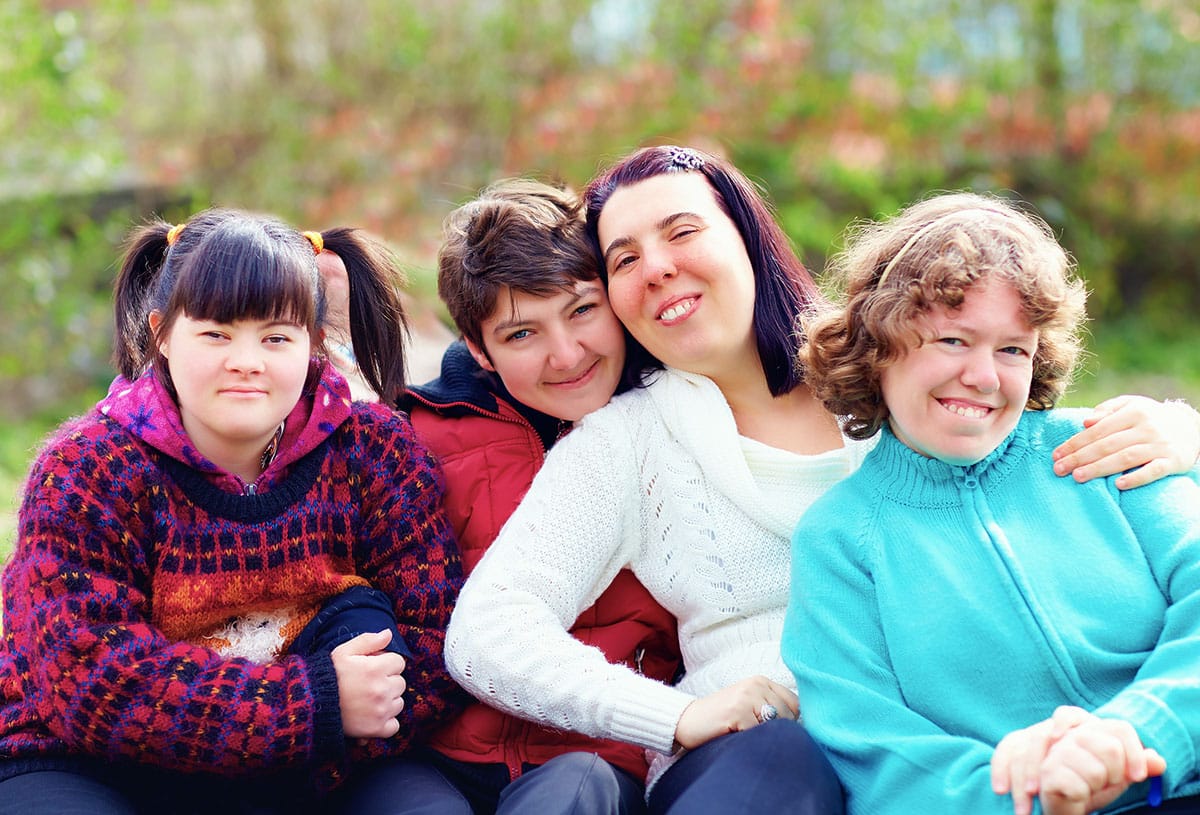Stone Soup Group is here to support families of children affected by prenatal alcohol exposure in Alaska. We offer specialized parent navigation, classes and training.
FASD stands for Fetal Alcohol Spectrum Disorders. The term FASD is not meant to be a clinical diagnosis. FASD is an umbrella term that includes a wide range of effects experienced by an individual whose mother drank alcohol during pregnancy. This is a birth defect syndrome caused only by the mother consuming alcohol during pregnancy. FASD is said to be on a spectrum because not every individual will experience the exact same effects of the disorder; some individuals may experience more severe effects than another.
There is no cure for FASD. The physical, cognitive and mental impacts are usually lifelong; however, early intervention can help reduce some of the effects and help prevent some disabilities that are a result of these effects.
Yes! FASD can be 100% avoided by eliminating any consumption of alcohol during pregnancy.Symptoms of FASD
- Abnormal facial features (example: smooth ridge between nose and upper lip)
- Shorter than average
- Low body weight
- Speech/language delays
- Problems with heart, kidney, or bones
- Learning disabilities
- Poor coordination
- Poor reasoning/judgment
If you suspect FASD is an issue for your child and would like a diagnosis, you need to visit a multidisciplinary diagnostic team. Talk to your pediatrician or medical home provider for a recommendation.
- Alcohol in the mother’s blood during pregnancy is passed to her baby through the umbilical cord.
- The only way to prevent FASD is to not consume alcohol while pregnant AND while attempting to get pregnant. Nearly half the pregnancies in the U.S. are unplanned.
- It is estimated that a child born with FAS will cost $2 million over their lifetime.
- 1 in 5 women report drinking during their first trimester of pregnancy.
- No amount of alcohol during pregnancy is safe. Every pregnancy is unique and one fetus may be more susceptible to harm than another depending on how long the alcohol may circulate in the mother’s body.
Don’t assume that even if a child KNOWS the rules that they UNDERSTAND the rules.
The important thing to remember is that individuals affected by alcohol may think differently. Understanding these differences and applying techniques to accommodate the individual will go a long way to mitigate challenging behaviors.
- Observe the troublesome situations carefully to understand the nature of the problem.
- We need to interpret their responses correctly; to understand what seems like deliberate misconduct or attention seeking may actually be neurologically based problems with memory or comprehension. At this point we can teach habit patterns of appropriate behavior by using role-playing or other concrete techniques.
- We can reduce frustration and misbehavior by using multi-sensory tools like music, drama, visual symbols, and computers to make learning not only fun but also effective for students who might otherwise find it impossible to understand.
Good communication with a child, alcohol affected or not, requires using techniques that are suited to your child’s individual personality. Certain practices may be effective for one child and not another. A series of trial and error will help you identify what specific techniques are best for you and your child. Below are some tips to remember when communicating:
- Begin all conversations with the child’s name and make good eye contact.
- Realize that words or expressions may have more than one meaning. Understand that children with FASD are often very literal in their understanding.
- Speak slowly and pause between sentences to allow for processing.
- Remember there are multiple forms of communication: verbal, written, body language
- Gentle reminders help produce a positive result.










